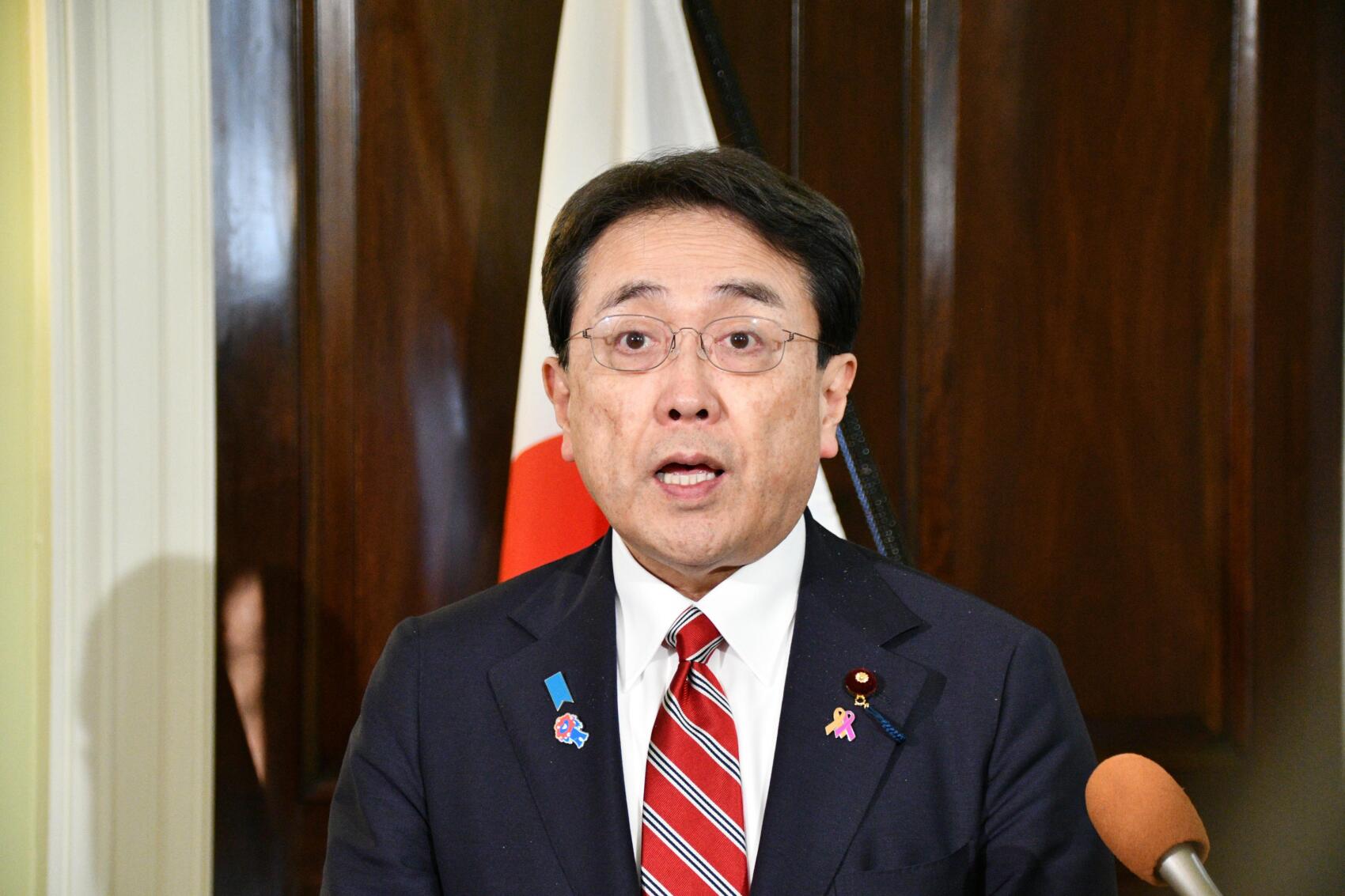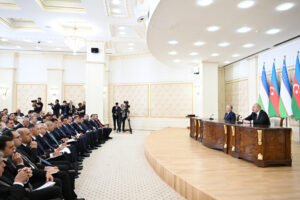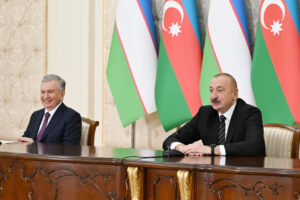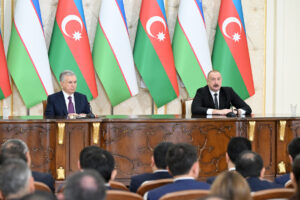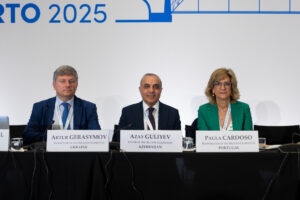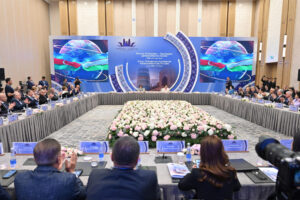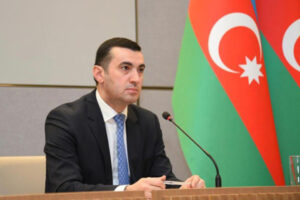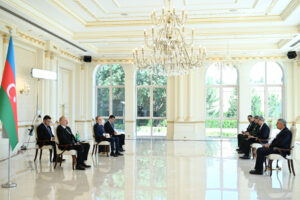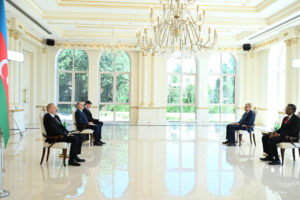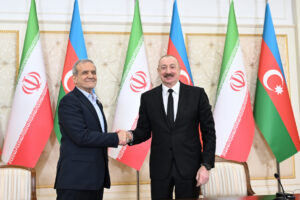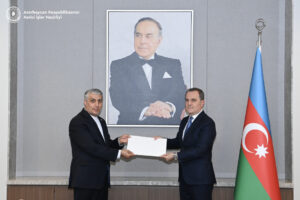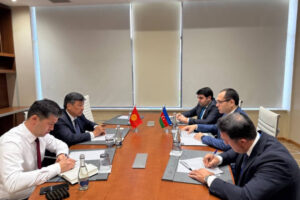Tokyo, 24 May, /AJMEDIA/
The United States is increasingly recognizing the importance of Japan for its economy, the Asian country’s chief tariff negotiator said Friday, after holding another round of talks with U.S. cabinet members aimed at an early trade deal.
Ryosei Akazawa said he was able to hold “more frank and in-depth discussions” than previously with U.S. Trade Representative Jamieson Greer and Commerce Secretary Howard Lutnick in Washington, adding it would be “very desirable” for their leaders to reach some kind of agreement next month.
Akazawa said he had discussed trade, nontariff barriers and economic security separately with the two U.S. cabinet members. In a symbolic development, while Akazawa and Greer were engaged in two hours of talks, Trump announced in a social media post that there will be a “planned partnership” between Nippon Steel Corp and United States Steel Corp.
A White House official confirmed that it meant the Japanese steelmaker’s long-blocked plan to buy U.S. Steel had been approved by Trump.
Akazawa suggested that economic security issues, such as those concerning supply chains for strategic goods, are crucial in the tariff talks. But he and other Japanese officials declined to say whether Nippon Steel’s planned major investment in the iconic but struggling producer was addressed during the meetings.
He said he believes “recognition of the significant contribution that Japan makes to the U.S. economy is deepening” among U.S. officials and both sides agreed to continue close ministerial discussions.
In their third round of bilateral talks, Akazawa said he again strongly urged the removal of additional tariffs imposed on Japan.
Prior to the negotiator’s arrival in Washington, Japanese Prime Minister Shigeru Ishiba said he and Trump had spoken by phone and agreed that the forthcoming talks should be “productive.”
Ishiba said the call, which lasted about 45 minutes, was held at the request of Trump, who has imposed a barrage of tariffs on imports from Japan and other countries.
Ishiba and Trump hope to hold a face-to-face meeting in mid-June on the sidelines of this year’s Group of Seven summit in Canada.
In early May, Akazawa and U.S. Treasury Secretary Scott Bessent agreed to speed up ministerial talks from the latter half of this month with the aim of striking a “mutually beneficial” deal as early as June.
Akazawa has said Japan’s position that the new tariffs are extremely regrettable remains unchanged, and it will continue urging the Trump administration to remove them.
But recent preliminary trade agreements the United States has struck with Britain and China suggest that Trump has no plans to roll back his administration’s baseline 10 percent tariff on imports from nearly all countries, part of its so-called reciprocal package.
Trump has also insisted that auto and other sector-based tariffs imposed by his administration on national security grounds will remain in place, indicating that only the country-specific duties, which are added to the 10 percent universal levy and currently paused until early July, are open to negotiation.
Akazawa’s talks came two days after Japanese Finance Minister Katsunobu Kato met with Bessent in Canada to discuss currency issues related to the tariffs.
Bessent was not present at Friday’s talks and Akazawa may return to Washington as early as next week.
Under Trump’s reciprocal tariff regime, announced on April 2, Japan faces a country-specific tariff of 14 percent for a total rate of 24 percent.
Eliminating the Trump administration’s new 25 percent tariffs on cars and auto parts is especially critical for Japan.
In an interview with Kyodo News in Tokyo on Friday, Ishiba said calling for the elimination of all the additional tariffs is “our unwavering stance.”
However, given the Trump administration’s rigid position, sources close to the bilateral talks said earlier this week that Japan has begun considering backing off from seeking a full removal and is exploring how far to compromise to secure an early deal.

